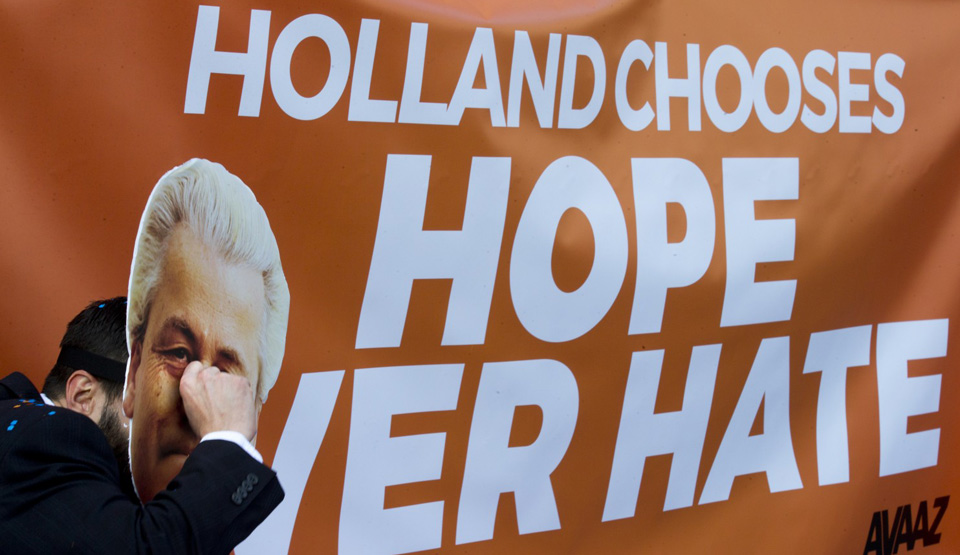
Much of the world breathed a sigh of relief when votes were counted after the parliamentary elections in the Netherlands on Wednesday March 15. The “ides of March” did not bring the expected disaster of a big win for the ultra-right Freedom Party (PVV, Partij voor Vrijheid), headed by one of Europe’s worst demagogues, Geert Wilders.
But the picture emerging from the election results is complex, with thirteen parties winning seats in the House of Representatives, the lower house of the Dutch parliament. On high turnout in an election based on party lists, no one party won enough seats to form a government by itself. The current prime minister, Mark Rutte of the conservative People’s Party for Freedom and Democracy (VVD, Volkspartij voor Vrijheid en Demokratie), which won the largest number of seats, will again have to form a coalition government out of a mixed group of possible allies.
The weeks ahead will see Rutte trying to repeat the task he had in the last parliament when also did not enjoy a majority – cobbling together support from other center and right parties. The situation this time, however, will be more difficult.
Going into the elections, the big fear in the Netherlands, Europe, and beyond was that the PVV would garner a very large percentage based on Wilders’ noisy career as an anti-immigrant, anti-Muslim, and anti-European Union politician. Recently, Wilders has been calling not only for an end to the admission of migrants and refugees to the Netherlands, but also for a ban on the Koran and on the construction of mosques.
These positions are similar to those taken up by other far right parties in Europe, such as the National Front of Marine LePen in France, the U.K. Independence Party in Britain, and similar groups in almost every Western European country. They resemble, and in fact are directly linked to, the Trump administration in the United States. All combine strident nationalism with anti-immigrant and anti-Muslim bigotry. The European nationalist parties are highly critical of the European Union, a position also found among some sections of the left and the labor movement.
In the Netherlands, as in other Western European countries, anti-Muslim scare tactics have led many people to vastly overestimate the number of Muslims in the country and the likely rate of growth of that population. Wilders and his crowd have, for a certain segment of voters, succeeded in creating the image of a vast alien invasion.
In the immediate lead up to the election, the invasion theme took on a bizarre twist when a dispute arose between the Netherlands and President Erdogan of Turkey, in which Erdogan accused Dutch authorities of being “Nazis” after Turkish government officials were refused entry into the country. Two ministers from Erdogan’s government were not allowed to participate in rallies held among Turkish immigrants in favor of a referendum effort in Turkey in which Erdogan seeks to centralize more power in the presidency.
As for the overblown fears around numbers, there are, in fact, approximately just over a million Muslims in the Netherlands, or 6 percent of the total population of 17 million – not the 19 percent that polls show people to believe. Not all of these are refugees who fled the current conflicts in the Middle East and North Africa. For centuries, the Netherlands controlled and exploited the huge, mostly Muslim country now called Indonesia (known in colonial times as the Dutch East Indies). Part of the Muslim population in the Netherlands today is Indonesian in origin (and also Surinamese, from the former Dutch colony in South America), but many others descend from workers, mostly Moroccans and Turks, imported during the 1960s and 1970s to work in the service economy. Since civil wars erupted in Afghanistan, Iraq, Syria, and North Africa, new refugees have arrived in the country from those areas.
The far-right nationalist forces in the Netherlands object to all immigrants and Muslims, and in fact all non-European, non-white foreigners, but the anti-immigrant movement has been working especially hard to frighten voters about supposed dangers from the new refugees which the European Union has agreed to admit.
Pre-election polls suggested that Wilders and the PVV would gain a major advantage from this fear. But in reality, the Netherlands has been carrying out a more restrictive policy on settlement of refugees than several other wealthy European countries. Of over 20,000 refugees who applied to settle in the Netherlands in 2016, more than 8,000 were rejected.
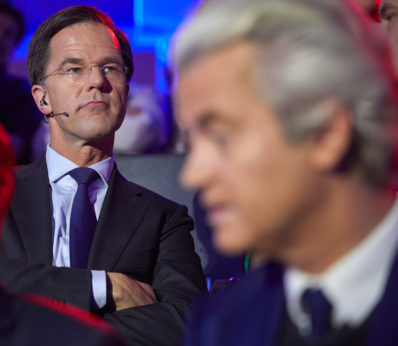
On voting day, the VVP ended up making only a modest gain, capturing 13.1 percent of the popular vote. The party secured a 3 percent increase over its share the last elections in 2012, gaining five more seats in the 150-seat House of Representatives, for a total of 20. Dutch media are attributing the VVP’s poorer than expected showing to popular rejection of its most extreme slogans and strident rhetoric.
Both the parties that constitute Mr. Rutte’s current coalition government lost popular votes and parliamentary seats. His own VVD was down 5.2 percent from 2012, losing 8 seats, leaving the party with a total of 33. The center-left Labor Party, Rutte’s main coalition partner, lost heavily. The popular vote for Labor was down 19.1 percent, costing the party 29 seats and leaving it holding only 9. Another social democratic party, the Socialist Party, lost one seat, dropping to 14.
Further to the left, the “Green Left” party, which is an amalgamation of four former left-wing parties, including the Communist Party of the Netherlands, did very well. Its popular vote rose to 8.9 percent, an increase of 6.6 percent over 2012. The party picked up 10 new legislative seats, for a total of 14, thus overtaking the Labor Party and now on par with the Socialist Party. Green Left’s advance can also be seen as a rejection of bigotry; the party program was particularly forceful in challenging Wilders’ rhetoric.
So at first glance it would seem that Rutte has lost the basis for his coalition. Between his own VVD and Labor, there are only 32 seats; to form a majority, he needs 76. He must now go shopping for new coalition partners, probably several.
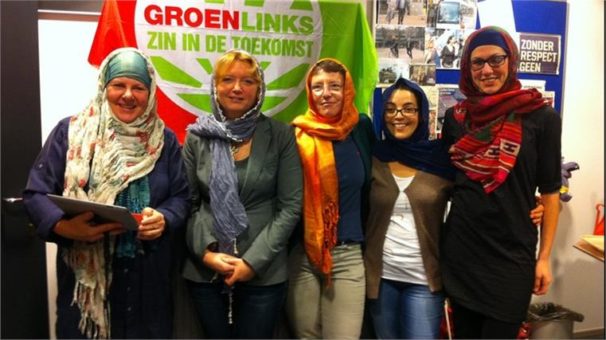
Who are Rutte’s potential partners? All major parties have stated that under no circumstances will they work with Wilders and the VVD. Given their ideological differences, it also seems unlikely that Rutte would approach the Green Left to participate in a coalition government. There is the centrist Christian Democratic Appeal, which won 19 seats, up 6 from the last election. Another possibility is Democrats 66, a centrist social liberal party, which also won 19 seats, up 7. Two conservative Protestant church-oriented parties, the Christian Union and the Reformed Political Party, have smaller numbers of seats, as do several other small parties including the “Animals Party.”
When Rutte manages to line up enough potential coalition partners, he must the go to the head of state, King Willem-Alexander, to get formal authorization to form a new government. Given the wide range of parties represented in the parliament, this might take a while.

MOST POPULAR TODAY

High Court essentially bans demonstrations, freedom of assembly in Deep South

Zionist organizations leading campaign to stop ceasefire resolutions in D.C. area


U.S. imperialism’s ‘ironclad’ support for Israel increases fascist danger at home

UN warns that Israel is still blocking humanitarian aid to Gaza



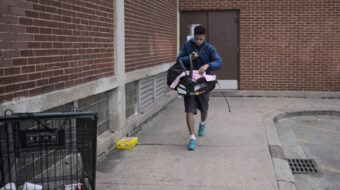
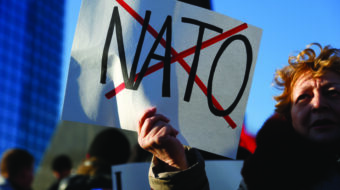
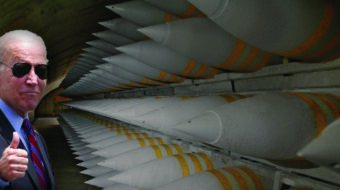
Comments